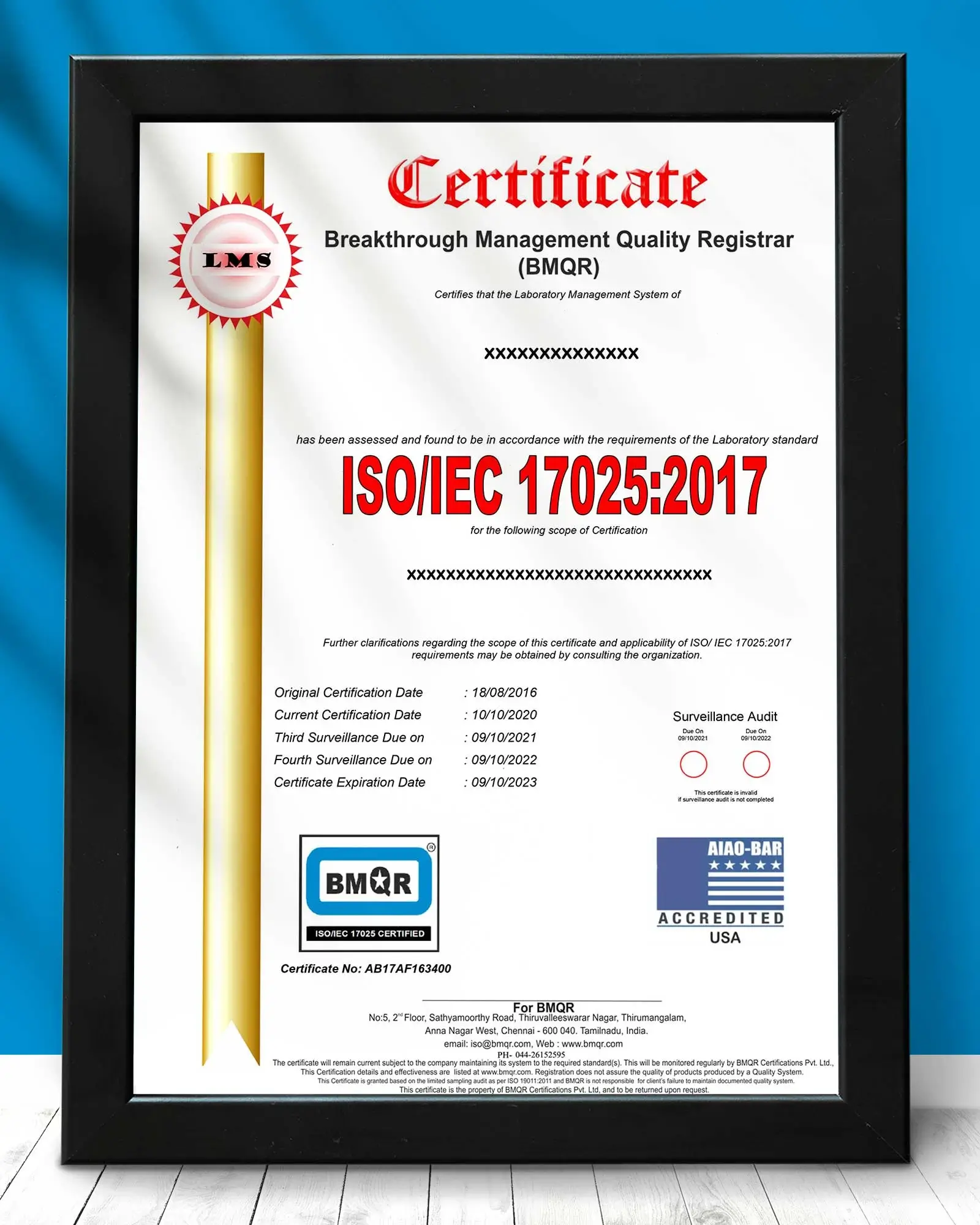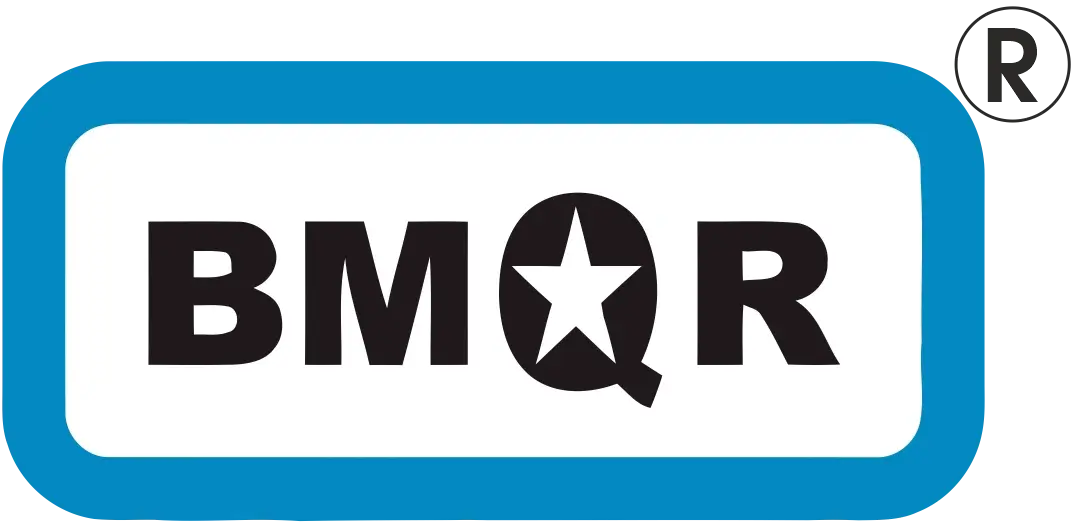Introduction:
ISO 17025 is an international standard that outlines the general requirements for the competence of testing and calibration laboratories. Adhering to ISO 17025 not only enhances the credibility and reliability of laboratory results but also helps meet the ever-increasing demands of customers seeking high-quality services. In this web content, we will explore how ISO 17025 addresses pain points faced by laboratories, ensuring their ability to fulfill customer requirements effectively.
Accuracy and Reliability of Test Results:
One of the foremost pain points for any testing or calibration laboratory is the need to provide accurate and reliable results. ISO 17025 establishes a robust framework that ensures the implementation of standardized procedures, calibration methods, and well-maintained equipment. By complying with these requirements, laboratories can significantly reduce the likelihood of errors and inconsistencies, instilling confidence in their customers about the precision of their results.
Consistency in Operations:
Achieving consistency in laboratory operations is crucial to building trust with customers. ISO 17025 emphasizes the use of validated methods, appropriate sampling techniques, and proper handling of test items. By adopting these standardized practices, laboratories can minimize variations in results across multiple testing instances, creating a consistent experience for customers and helping them meet their quality control objectives.

Timely Turnaround:
Customers often require fast turnaround times for their testing and calibration needs. ISO 17025 encourages laboratories to establish efficient processes, clear workflows, and effective communication to ensure timely delivery of results. By streamlining their operations in line with the standard's guidelines, laboratories can better meet their customers' urgent demands, thereby enhancing customer satisfaction and loyalty.
Improved Competence of Personnel:
Laboratory staff competency is a critical factor in delivering high-quality services. ISO 17025 mandates training and qualification programs for laboratory personnel, focusing on technical skills, method understanding, and awareness of quality management principles. By investing in employee development and training, laboratories can bolster their staff's capabilities, enabling them to address complex customer requirements more adeptly.
Effective Management of Resources:
Effective resource management is another key challenge for laboratories. ISO 17025 emphasizes the need for proper planning, efficient utilization of resources, and well-maintained testing equipment. Implementing these practices ensures that laboratories can optimize their resource allocation, minimize wastage, and operate cost-effectively, which in turn enables them to offer competitive pricing to their customers.
Enhanced Traceability and Validity:
Customers often require traceability of test results back to national or international standards. ISO 17025 mandates the use of validated and traceable calibration methods and requires laboratories to maintain detailed records of all measurement activities. By ensuring complete traceability and validity of results, laboratories can demonstrate their adherence to international standards, instilling confidence in their customers about the accuracy and integrity of their testing processes.
Conclusion:
ISO 17025 serves as a valuable tool for laboratories seeking to address customer pain points and elevate their testing and calibration services. By adopting the standard's guidelines, laboratories can enhance the accuracy, reliability, and consistency of their results, improve staff competence, streamline operations, and optimize resource management. Ultimately, ISO 17025-compliant laboratories can meet their customers' diverse and demanding requirements with proficiency and precision, fostering long-lasting relationships and industry credibility.






